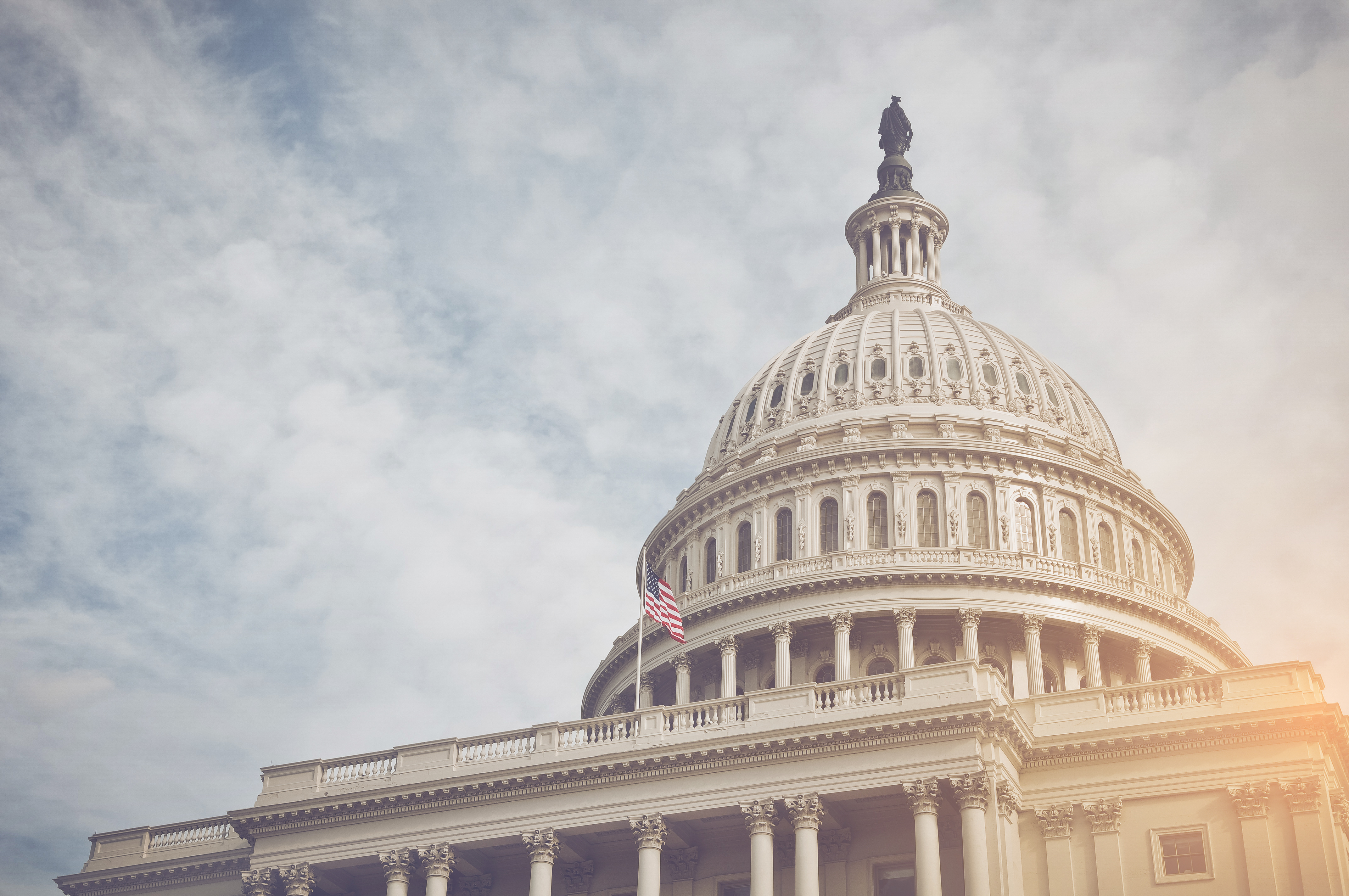
The Coronavirus Aid, Relief, and Economic Security (CARES) Act is the largest economic bill in United States history. Signed into law on March 27, 2020, the nearly $2 trillion emergency economic stimulus package provides assistance to businesses, individuals/families, state and local governments, and healthcare organizations to combat and address circumstances related to the COVID-19 pandemic and subsequent economic crisis. While most of the coverage has focused on the bill’s appropriations for large corporations and relief rebates for individuals/families, the CARES Act also provides significant funding to aid small businesses.
The following contains a partial list of the various segments of the CARES Act that small businesses will want to be aware of. The entire Act can also be viewed on congress’s website here.
Paycheck Protection Program (PPP)
Implemented by the Small Business Administration (SBA), with support from the Department of the Treasury, the PPP provides employers with funds in the form of loans to cover employee salaries (capped at $100,000/annually per employee), costs related to employee benefits, fixed overhead (e.g., payments for a mortgage, rent/lease, and/or utilities), and debt obligations that were “incurred prior to the covered period.” Eligible employers include companies, nonprofit organizations, sole proprietorships, and self-employed individuals, with 500 or fewer employees.
Per the SBA, a covered employer can apply for a loan “through any existing SBA 7(a) lender or through any [participating] federally insured depository institution, federally insured credit union, and Farm Credit System institution.” The PPP will allow payments on the loan to be deferred and zero collateral or personal guarantees are required to receive the loan.
The loan will be forgiven for the employer if employee levels and payroll levels are maintained during the covered period. Certain conditions and limits apply. Businesses, organizations, and sole proprietorships can apply for and receive loans beginning on April 3, 2020; self-employed individuals can begin on April 10, 2020. The Treasury Department is encouraging interested parties to apply as soon as possible, as funding is capped.
Employer Deferred Tax Benefit
The CARES Act allows employers and self-employed individuals to defer the payment of payroll taxes, specifically the employer’s share of the 6.2% social security tax imposed on employee wages paid between March 27, 2020, and December 31, 2020. The payment can be deferred for almost two years; one-half of the deferred amount must be paid by December 31, 2021 and the other half must be paid by December 31, 2022. The deferred tax benefit is not available to covered employers that receive PPP loan forgiveness, as described above.
Employee Retention Credit
The CARES Act includes additional provisions to enable eligible employers to maintain staff and payroll levels, during the COVID-19 crisis. The Internal Revenue Service (IRS) states that the Employee Retention Credit “is a fully refundable tax credit for employers equal to 50 percent of qualified wages (including allocable qualified health plan expenses) that eligible employers pay their employees.” Per the IRS, eligible employers are employers that:
- Fully or partially suspend operations during any calendar quarter in 2020 due to orders from an appropriate governmental authority limiting commerce, travel, or group meetings (for commercial, social, religious, or other purposes) due to COVID-19; or
- Experiences a significant decline in gross receipts during the calendar quarter
The Employee Retention Credit applies to qualified wages paid from March 13, 2020 through December 31, 2020 and qualified wages may not exceed $10,000.
The Employee Retention Credit is not available to employers that also receive funding through the PPP. Additionally, the provisions under the CARES Act are separate from the tax credits associated with the Families First Coronavirus Relief Act (FFCRA) for paid sick and paid family and medical leave; wages cannot be double counted.
Emergency Economic Injury Grants (EEIG)
The CARES Act appropriates $562 million for loans and $10 billion for grants to provide financial assistance to eligible employers affected by circumstances related to the coronavirus. Eligible employers include companies, nonprofit organizations, sole proprietorships, and self-employed individuals with 500 or less employees.
Eligible employers may receive an advance of up to $10,000 within three days of the employer applying for an SBA Economic Injury Disaster Loan (EIDL). The advance does not need to be repaid (including if the employer is subsequently denied an EIDL). Grants are available from January 31, 2020 through December 31, 2020 and are deliberately backdated to retroactively allow employers that have already applied for EIDLs to be eligible.
More information for small businesses: Understanding How the Families First Coronavirus Response Act Impacts Small Businesses
The COVID-19 pandemic has created unprecedented challenges for business leaders. For more information on strategies to maintain productivity during this public health crisis, check out our ongoing information series regarding navigating social distancing and COVID-19.
Disclaimer: This post is not intended as legal, accounting, or financial advice and should not be understood as such. For questions related to your specific business or organization, please contact a practitioner who is licensed in your state.
Sources:
https://www.natlawreview.com/article/summary-cares-act
https://cdcloans.com/blog/small-business-guide-cares-act/
https://www.bmi.com/news/entry/coronavirus-aid-relief-act-what-it-means-for-music-creators
https://home.treasury.gov/system/files/136/PPP%20Borrower%20Information%20Fact%20Sheet.pdf
https://www.irs.gov/newsroom/faqs-employee-retention-credit-under-the-cares-act
https://www.hansonbridgett.com/Publications/articles/2020-03-30-emp-ben-cares-act-tax-credits
https://beachfleischman.com/tax-bites/2020/03/overview-of-the-new-cares-act/





